INTERVIEWS
Garrett Jacobs
Interviewer: Greg Labrosse
Language of interview: English
Country of practice: United States
Profession: Architect
Garrett Jacobs is an architect and director of research and evaluation at Designing Justice + Designing Spaces (DJDS), an Oakland-based architecture nonprofit with a mission to contribute to end mass incarceration and structural inequity. Since graduating from architecture school, Jacobs has focused on community-based projects, including designing spaces for restorative justice, in relation to issues of race, accessibility, and the implications of individuals and communities interacting with these spaces.
During our interview, Jacobs talks about the work of evaluation implemented by DJDS, and the difficulties faced during their designs. First, he explains how the organisation has recently adopted a participatory approach, in which members of the community are part of the post-construction assessment. Second, he explains how obtaining financial support for building spaces for restorative justice is one of the main obstacles for the organisation. He manifests how most funders allocate budgets to the development of programs and are not interested in financing the design and construction of physical spaces where restorative activities occur.
Further, Jacobs explains some of the strategies for a successful restorative space, including finding a good location and ensuring a collaborative approach with partners and participants. According to Jacobs, location is important because of the non-physical divisions a space can impose, and how a site can be charged with negative connotations. He focuses on how, in the current judicial system, the harmed person is not represented by the space, even when they should be at the centre of the process. He then explains why the design process must be collaborative and have community-based organisations as partners, to ensure that community members feel welcome. To illustrate, he provides two examples of collaborative projects, one where the partner was a prosecutor’s office in New Jersey, and another where they worked with a newly-built school in California.
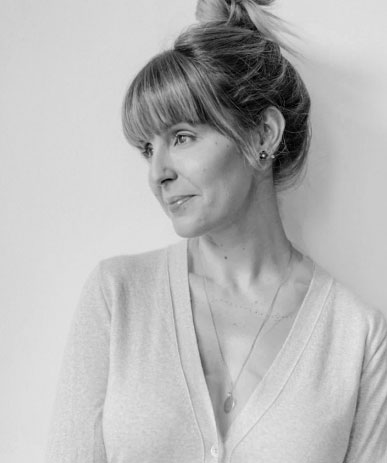
is an author, speaker, columnist, and podcaster in the fields of architecture and decorative arts. She is completing her MA in Art History at Concordia University, Montréal, and holds a Bachelor of Commerce with a major in Marketing from John Molson School of Business. She studied Industrial Psychology in Los Angeles, California. Sicotte is the author of two published books on design (2015, 2018) published by Les Éditions Cardinal.

is a Colombian PhD candidate in the Department of Art History at Concordia University. She has a background in architectural design and community activism and holds a master’s degree in Building and Urban Design from the Bartlett School of Architecture in London, England. Her interests focus on socially-engaged art, social movements, collaborative activism in post-conflict scenarios, collectively-produced art, and art produced in relation to the built environment.
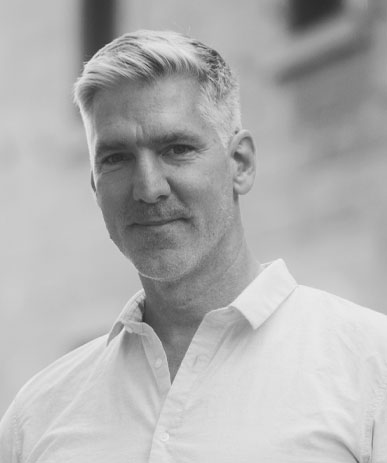
is a PhD candidate in Humanities at Concordia University. His research focuses on spatial agency, social aesthetics, youth narratives, and graphic representations of urban memory. He has published on the relationship between children, play, and public space in Cartagena, Colombia. He has also worked as an editor on literary projects, including Territorio Fértil, which received the María Nelly Murillo Hinestroza award for Afro-Colombian literature.
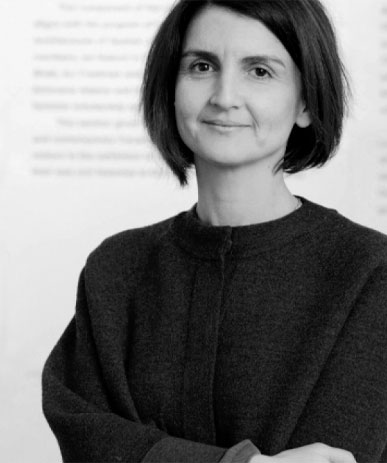
is Associate Professor and Canada Research Chair in Architectures of Spatial Justice (Tier 2) at the Peter Guo-hua Fu School of Architecture at McGill University, Montréal, Québec, Canada. Her research interests include low-income housing and participatory design, civil protest and urban design, and campus landscapes and race. Her publications include the co-edited book, Orienting Istanbul (2010) and solo-authored book, Istanbul Open City (2018).
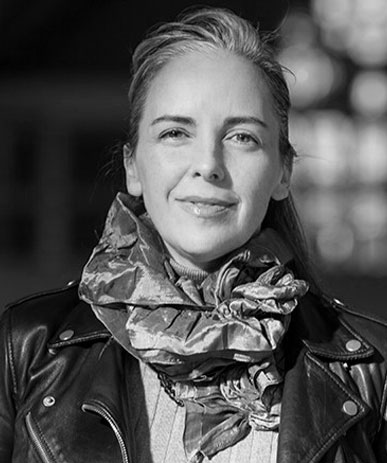
is an artist and a professor of Art History at Concordia University. Her work focuses on women and the history of the built environment, urban landscapes, research-creation, and oral history. She has published on the spatial history of the suffrage movement, public art, gardens, and the politics of urban change. In addition to her research on the spaces of restorative and transitional justice, she is leading an oral history project on the urban memories of diverse Montrealers.
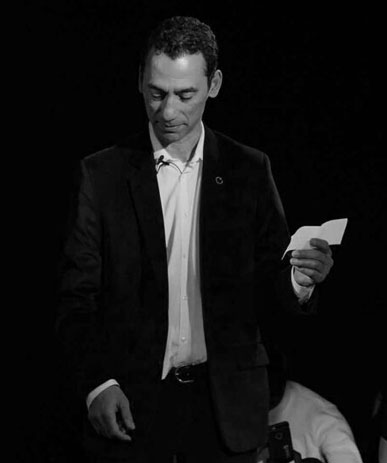
is Associate Professor in the Department of Theatre at Concordia University, Montreal (Quebec, Canada). He is also the second co-director of Concordia’s Centre for Oral History and Digital Storytelling. His latest publications explore listening in the context of post-conflict performances of memory. For instance, see ‘Facilitating voicing and listening in the context of post-conflict performances of memory. The Colombian scenario.’ In: De Nardi, S., Orange, H., et al. Routledge Handbook of Memoryscapes. Routledge: London. (2019), and his article ‘Not being able to speak is torture: performing listening to painful narratives’. International Journal of Transitional Justice, Special Issue Creative Approaches to Transitional Justice: Contributions of Arts and Culture. (March, 2020)